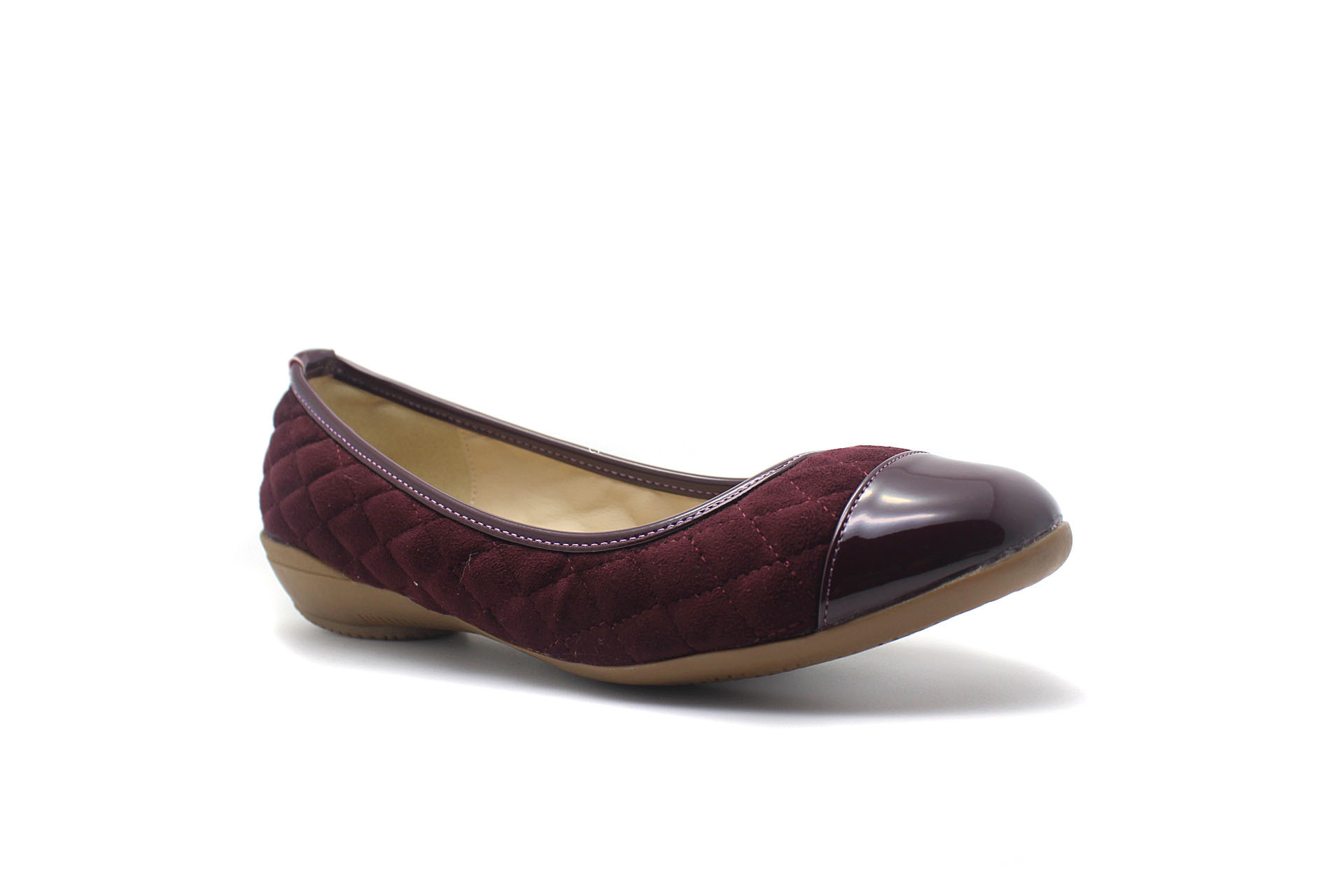Fabrics manufacturer Kuangfang Group will expand its production capacity of Asahi Kasei Sewing Factory (AKM) by 4 times and monthly production capacity will reach 3 million pieces. It is expected that it will be put into production by November at the latest. Nisshinbo Group expanded the production capacity of Naigai Shirts in Indonesia by twofold and plans to officially start production in September.
DaiwaboNeu established a wholly-owned company, Daiwabo Garment Indonesia, locally. At present, the company has joined forces with the local DayaniGarmentIndonesia to increase production capacity. The five sewing factories of Donghai Dyeing Group are also expanding their production scale. In order to strengthen the sewing products business, TTI, a local dyeing processing subsidiary, has newly installed a T-shirt dyeing machine. The company has also set up a seizure product factory in the local stock market, completing a complete set of resources such as fabrics, sewing, and seizure products.
At the same time, the Japanese trading company has also taken some positive measures. This spring, the office of Sumikin’s reopened in Jakarta expanded the production of shirt fabrics for the sole-owned company Bengawan Solo Garment in Solo. The current production capacity reaches 10 10,000/month, and the joint venture with local companies to build a new sewing factory project is advancing.
NI Teijin Commercial Indonesia Co., Ltd. has four directional processing factories. Currently, the production capacity of two factories has been expanded, and 16 dedicated production lines have been added to the factory by way of leasing. Achieve an annual output of 2 million to 3 million pieces of woven T-shirt sportswear.
Marubeni Indonesia is responsible for providing printed shirt products to the United States, but in order to strengthen the Japanese market, it is currently working on the supply chain. Butterfly Indonesia and Toray International Indonesia are all working to expand the production capacity of sewing products.
According to the report of the Japan Trade Promotion Association's Indonesian office, Indonesia is not only valued by Japanese companies, but also by Chinese and Korean companies. In the 200-hectare industrial park, there are about 60 Chinese sewing factories. In addition, there are a large number of processing factories that export to China. At the same time, Korean-funded enterprises in the industrial park also have new construction or expansion.
Due to stringent quality requirements, small quantities, short production cycles, and low processing fees, Japan's sewing orders have been neglected, and the search for processing resources only when they are in demand can no longer guarantee stable production and processing. And trading companies are investing in self-built factories to ensure stable production and timely delivery.
Casual Shoes:
Casual shoes is a kind of comfort and simple footwear, it is to meet the daily dressing needs. Usually it is designed for matching kinds of clothing. The concept, function, and value is closely connected with new life ways of idea. With different shapes, brands and connotation of casual shoes, people decorate themselves and show themselves to obtain aesthetic pleasure and symbolic spiritual satisfaction. The main character of casual shoes is protection and function. Sneakers is one of the casual shoes, and there is one of vulcanized sneakers, the cost is much cheaper. Slip-on shoes, Flat Shoes, comfort shoes, loafers, Athletics Shoes are all can be called casual shoes. This is the lover for young or old people. Usually every person should have at least one or two casual shoes.

Casual Shoes
Casual Shoes,Mens Casual Shoes,Casual Dress Shoes,White Casual Shoes
CHICKITA Trading Inc. , http://www.chickita.com
